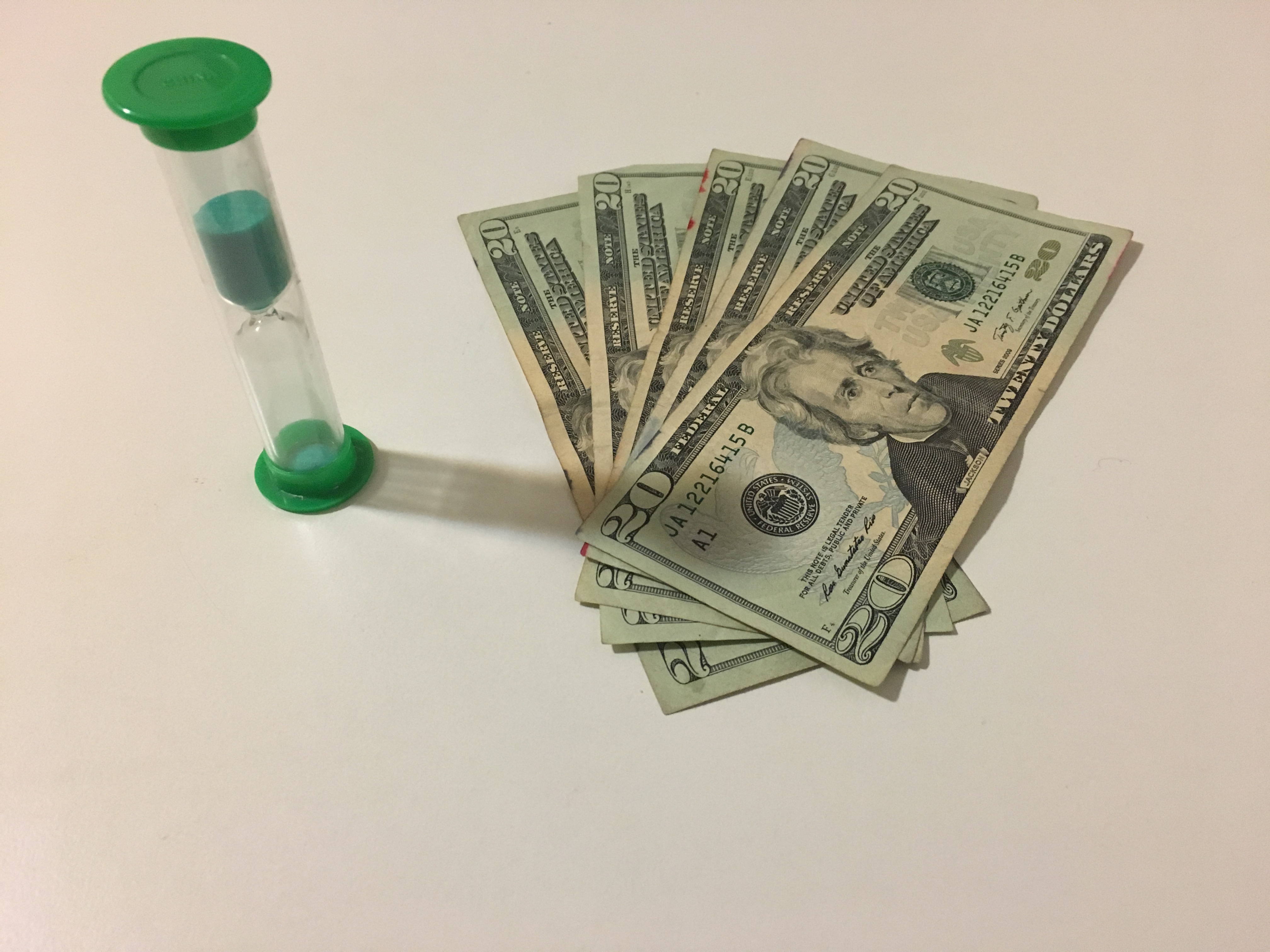 I have noticed that over the course of time, as medical science has progressed, people have developed this habit of separating the concept of their health into separate areas. This all started with separating mental, physical, and spiritual health (but it sure didn’t stop there). As if all three of these types are somehow completely separated. Doing this has allowed people to compartmentalize their ailments, and in doing so divert their self diagnosed cause for such ailments into something they themselves cannot be blamed for, or control. This is a source of comfort for many people, as the only thing harder than learning that they have disease, is having to admit to themselves that they may have caused it.
I have noticed that over the course of time, as medical science has progressed, people have developed this habit of separating the concept of their health into separate areas. This all started with separating mental, physical, and spiritual health (but it sure didn’t stop there). As if all three of these types are somehow completely separated. Doing this has allowed people to compartmentalize their ailments, and in doing so divert their self diagnosed cause for such ailments into something they themselves cannot be blamed for, or control. This is a source of comfort for many people, as the only thing harder than learning that they have disease, is having to admit to themselves that they may have caused it.
The medical community for the most part caters to this mentality (even though they know it is totally false), because as long as people are not accepting responsibility and living a healthier life, they stand to turn a higher profit by pumping people full of drugs and having them invest in future invasive (and expensive) surgeries. Lets face it, how many physicians say “You need to lose 30 lbs and exercise 30min every day.” anymore? How many would rather just pump us full of cholesterol medication instead. The main focus of the medical business is the same as the main focus of any other business ……. to make money.
The truth is:
Unless we have a PHD to practice medicine, we are not qualified to even separate our mental, physical, and spiritual health into those three categories. Even those that do practice medicine professionally don’t know everything. The medical community (the honest medical community) itself, will be the first to admit that there is still more about the human body (and especially the mind) that they don’t know, than they do know.
Here is a short list of some of the excuses I have heard before that reflect this separation people make:
- “My cancer has nothing to do with my diet.”
- “I have diabetes, there is nothing I can do, or could have done about it.”
- “Exercise will do nothing for me, its genetic.”
The answer of “genetics” is my favorite. It’s the biggest cop out of all of them. While some people are genetically more prone to some ailments than others, this does not alleviate them from their responsibility to themselves to do what they can to prevent/fight it. Because believe it or not, there have been many times when people have fought through and defeated diseases naturally, that were previously believed to be genetic. But somehow so many people seem far more comfortable with accepting sickness and death, than accepting responsibility.
In the end, the only thing we really know for sure regarding health is this: To be healthy in every way, one must lead a mentally and physically active lifestyle with a natural and proper diet. Eat healthy food, exercise, engage in cooperative problem solving projects, and drink lots and lots of water. That’s it. That’s the way it’s always been. That’s the way it will always be. The best cure, remedy, and preventative we have for every ailment in existence is just to follow this simple set of rules. We have no reason to believe otherwise. All we have is theories and excuses.
We, as a society, have to see our health as one idea. There is no separation of heart, liver, lungs, pancreas, brain, nervous system, circulatory system, respiratory system, and digestive system. These are all part of the same system. If anything happens to one of them (good or bad), it effects ALL OF THEM. The same goes for mental, physical, and spiritual health. These are all one in the same. A separation only needs to be made in the practice of medicine.
If we change our mentality to think of health as one all encompassing concept (like we once did), then we are forced to realize that we have to live a healthy all around lifestyle to prevent/fight any potential ailment. I.E. we must narrow (or minimize) our views of our health, because every part of our health is too closely linked to warrant separation for the purposes of best lifestyle practices.
The more we focus on our health as a whole, the less likely we will be in a circumstance where our doctors have to focus on any specific area of our health for a cure/remedy when we are the 11th hour of a disease.



 I recall once reading an essay from a minimalist where the meat of it read something like “Before making that $50 purchase at the store, ask yourself, ‘Is this worth $50 of my freedom?'” Woe Wooooe FREEDOM? really? We are equating money to freedom? Money is important no doubt. It is the means by which we acquire the things we need to survive. So yeah, it’s damn important. But money is not freedom. There is something we have that does equate to freedom however (wait for it). Freedom is not something you earn, it is an inalienable right, and gift from God. We all have it. It can be taken from us however, and we can even squander it away. Those of us that realize the true value of freedom, use that freedom for growth/passion and relationships. Have we figured out what freedom is yet?? ………. it’s time.
I recall once reading an essay from a minimalist where the meat of it read something like “Before making that $50 purchase at the store, ask yourself, ‘Is this worth $50 of my freedom?'” Woe Wooooe FREEDOM? really? We are equating money to freedom? Money is important no doubt. It is the means by which we acquire the things we need to survive. So yeah, it’s damn important. But money is not freedom. There is something we have that does equate to freedom however (wait for it). Freedom is not something you earn, it is an inalienable right, and gift from God. We all have it. It can be taken from us however, and we can even squander it away. Those of us that realize the true value of freedom, use that freedom for growth/passion and relationships. Have we figured out what freedom is yet?? ………. it’s time.
 I spend a great deal of time observing and thinking about people, and what makes them happy. One thing I can’t help but notice is that people that are generally unhappy with their lives find fleeting happiness in very frequently engaging in “quick pleasures.” These are the things that become habits, which provide temporary pleasure, but can be destructive in the longer run. Examples of things that fall in this category are:
I spend a great deal of time observing and thinking about people, and what makes them happy. One thing I can’t help but notice is that people that are generally unhappy with their lives find fleeting happiness in very frequently engaging in “quick pleasures.” These are the things that become habits, which provide temporary pleasure, but can be destructive in the longer run. Examples of things that fall in this category are: